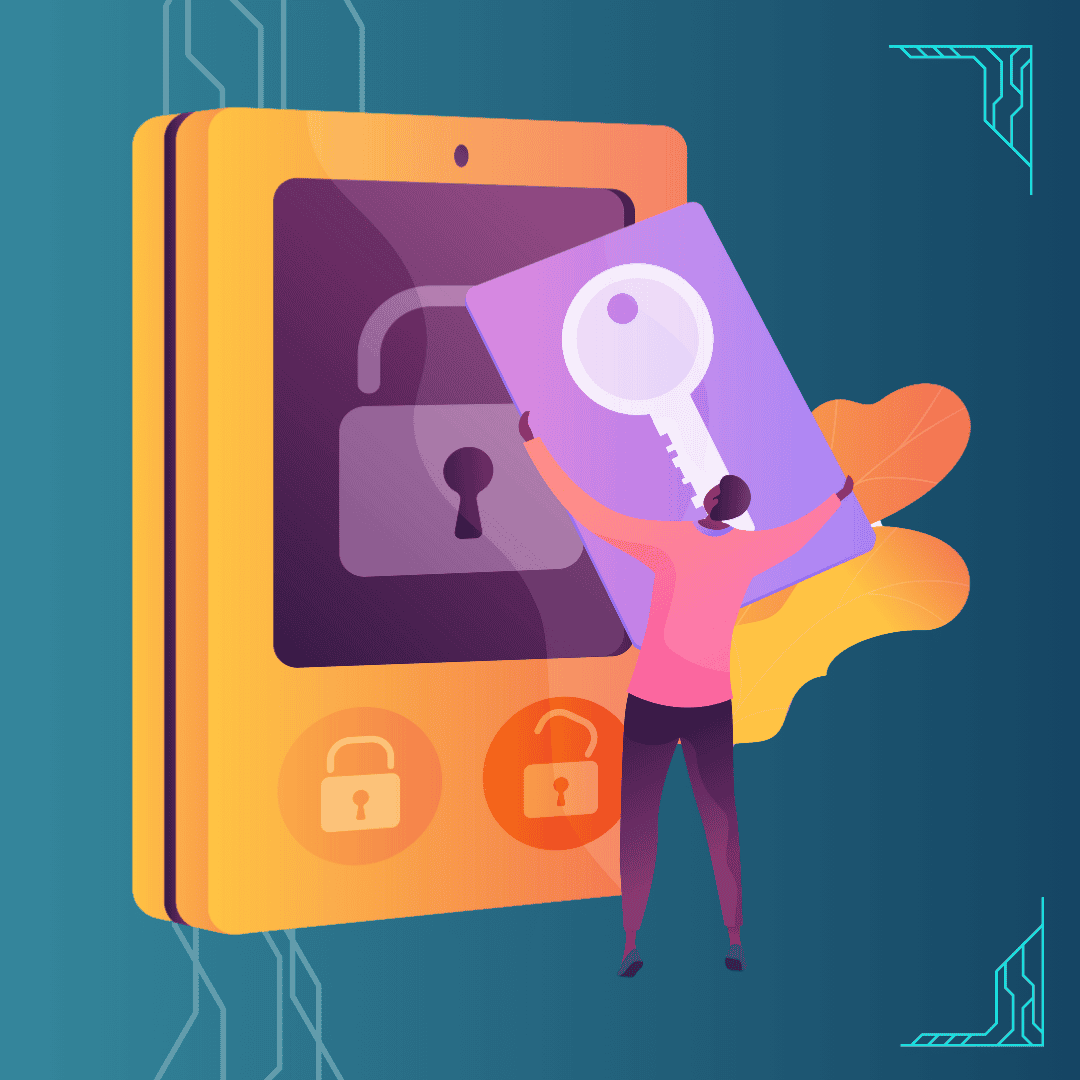Security isn’t just about locks anymore.
Knowing how to choose a security alarm system for your business is key to protecting assets and employees. With options like CCTV, motion sensors, and access control, picking the right system can feel overwhelming.
Let’s break it down so you can make a smart, hassle-free choice.
Assess Your Business Security Needs
Before choosing a security alarm system, start by identifying what your business actually needs. Every business is different, so a one-size-fits-all approach won’t work. Here’s what to consider:

Business Type
A retail store needs theft prevention, while an office may focus on access control. Warehouses might require both.
Property Size & Layout
Larger spaces need more sensors, cameras, and access points.

Common Risks
Consider threats like burglary, vandalism, unauthorized access, or even fire hazards.
By understanding these factors, you’ll know exactly what to look for in a security system.
Choose Between Monitored and Unmonitored Systems
Once you know your security needs, the next step is deciding between a monitored or unmonitored system.
Monitored Systems
These connect to a professional security company that watches over your business 24/7. If an alarm is triggered, they alert you or emergency services immediately. This is ideal for high-risk businesses like retail stores or warehouses.
Unmonitored Systems
These trigger an alarm or send alerts to your phone, but it’s up to you to take action. They’re a cost-effective option for businesses with in-house security.
If your business operates after hours or has valuable assets, a monitored system is often the better choice.
Select the Right Security Features
A strong intruder alarm system is your first line of defense against break-ins and unauthorized access. When choosing a system, focus on these key features:

Motion Sensors
Detect movement inside your premises after hours.
Door & Window Sensors
Trigger an alarm if doors or windows are forced open.

Glass Break Detectors
Useful for storefronts or offices with large windows.
CCTV & Video Surveillance
Provides real-time monitoring and recorded evidence.
Access Control Systems
Restrict entry to authorized personnel only.
Remote Monitoring & Alerts
Get instant notifications on your phone if an alarm is triggered.
A well-equipped intruder alarm system not only deters criminals but also ensures quick response in case of a security breach.
Consider Wired vs. Wireless Alarm Systems
Choosing between a wired and wireless security alarm system depends on your business setup, budget, and flexibility needs.
Wired Systems
These connect via physical cables, making them more stable and harder to disable. Ideal for large offices or warehouses with a permanent setup. However, they require professional installation and can be costly to modify later.
Wireless Systems
Use Wi-Fi or radio signals, making them easier to install and expand. Best for businesses in rented spaces or those that may relocate. However, they depend on internet connectivity and battery life.
For long-term businesses with high-security needs, wired systems offer reliability. If you need flexibility and easy setup, go wireless.
Compare Costs and Subscription Plans
Investing in a security alarm system is essential, but costs can vary based on features, installation, and monitoring services. Here’s what to consider:
Upfront Costs
Includes equipment (cameras, sensors, control panels) and installation fees. Wired systems typically cost more due to labor.
Monthly Monitoring Fees
If you choose a monitored system, expect a subscription cost for 24/7 security service.
Maintenance & Hidden Fees
Some providers charge extra for repairs, software updates, or early termination of contracts.
Before committing, get detailed quotes and compare plans to find the best value for your business.
Wrapping Up
Need a basic wired security alarm system in Singapore to protect your office door with phone alerts?
We’ve got you covered — no Wi-Fi issues, no monthly fees.
Get in touch today and secure your office affordably.






0 Comments